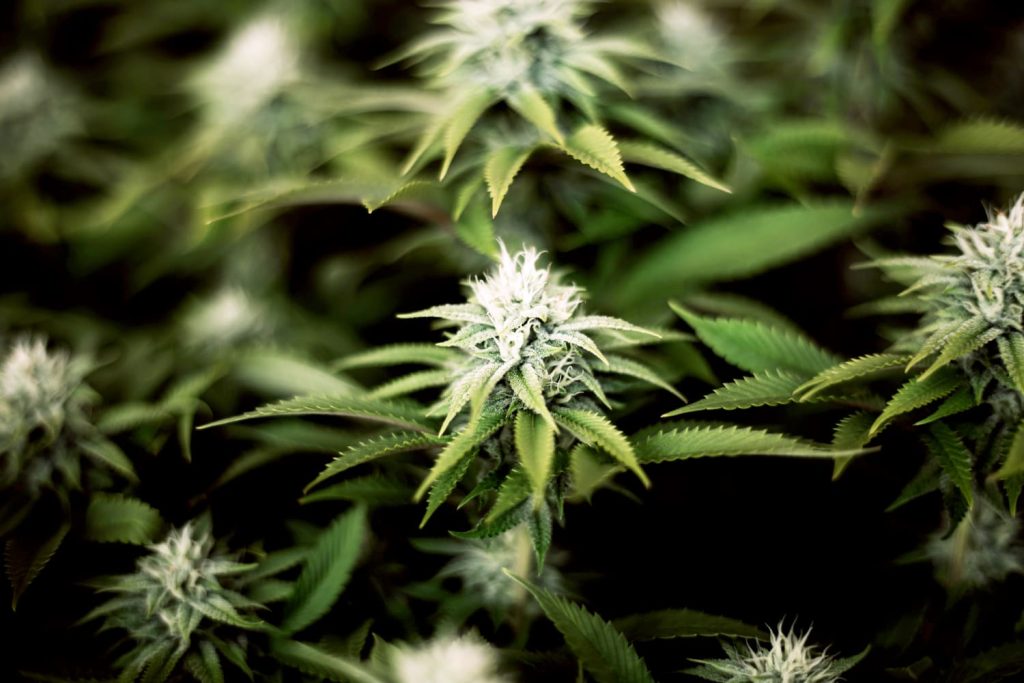A recent study published in the Canadian Medical Association Journal (CMAJ) has ignited fresh concerns over cannabis consumption, particularly as its potency continues to rise. Find out more in the article below.
The Potency Problem
The study reveals a startling escalation in tetrahydrocannabinol (THC) levels—the psychoactive compound responsible for the “high.” Back in the early 2000s, average THC content in cannabis was around 4%. Nowadays, most legally sold cannabis in Canada contains over 20% THC—a fivefold increase. Co-author Dr. Nicholas Fabiano remarks: “Cannabis from the 2000s is not the same as in 2025. THC content has increased by five times.” He warns that such an increase could be a significant driver behind the rising associations between cannabis use and schizophrenia.

Elevated Risks: Psychosis and Mental Health
Psychosis Risk Amplified
Using high-THC cannabis regularly can raise the likelihood of psychosis—episodes marked by hallucinations or delusional thinking. The study emphasizes that young people, men, and individuals with existing mental health conditions such as depression, anxiety, or bipolar disorder are particularly vulnerable. While many individuals recover within a day, those with prolonged symptoms or a previous history of psychosis often require hospitalization.
A Strong Link to Schizophrenia
A large-scale study encompassing nearly 9.8 million residents of Ontario found a striking connection between cannabis use and schizophrenia. Those who presented at an emergency department for cannabis-related issues had a 14-fold elevated risk of developing a schizophrenia-spectrum disorder within three years compared to the general population. Even more alarming, individuals diagnosed with cannabis-induced psychosis faced over a 240-fold increase in the risk—particularly in the immediate years following the incident.
Treatment and Recovery Approaches
Cease Cannabis Use
The researchers underscore that the most critical step in treating cannabis-related psychosis is to halt cannabis use entirely. This cessation often leads to symptom improvement.
Medications When Necessary
In cases with severe symptoms, antipsychotic medications may be prescribed to help manage the acute phase. As symptoms subside, these medications can often be tapered off.
Therapy for Sustained Improvement
Therapeutic interventions offer valuable support in reducing cannabis use and managing mental health. Techniques such as motivational interviewing help individuals become ready to quit, while cognitive-behavioral therapy (CBT) teaches coping strategies to handle cravings and prevent relapse. These approaches not only aid in reducing usage but can also enhance overall mental well-being and quality of life. For those seeking confidential guidance, American Addiction Centers provide 24/7 support and are accessible via phone or their website.
Broader Context: Legalization and Policy Shifts
Canada legalized both recreational and medical cannabis under the Cannabis Act, which came into effect on October 17, 2018. This legal shift paved the way for widespread availability and scrutiny of cannabis products. Meanwhile, political figures in the United States have been reevaluating cannabis classification. The possibility of reclassifying cannabis from Schedule I (the highest-risk category) to Schedule III—indicating a lower potential for physical and psychological dependence—has emerged under current debates.
Summary and Takeaways
- THC Potency Dramatically Increased: From ~4% in the early 2000s to over 20% in many current products.
- Psychosis and Schizophrenia Risks Elevated: High-potency cannabis usage is linked to significant increases in psychosis and schizophrenia, especially among susceptible groups.
- Treatment Focuses on Cessation: Quitting cannabis remains the cornerstone of recovery, supported by medication when needed.
- Therapy Makes a Difference: Psychological therapies can help sustain abstinence and support mental health.
- Legal Landscapes Evolving: Canada’s legalization, along with U.S. policy discussions, reflects shifting societal and regulatory views on cannabis.

Conclusion
The latest research sends a clear message: while cannabis may be legal in many places and even perceived as relatively harmless, its rapidly increasing potency poses serious mental health risks. High-THC products are not the same as the cannabis of past decades, and their potential to trigger psychosis or contribute to long-term conditions like schizophrenia should not be underestimated—especially for young people and those with existing vulnerabilities. Public awareness, responsible consumption, and early intervention remain critical in reducing harm. As legalization spreads and potency climbs, both policymakers and individuals must balance freedom of choice with an informed understanding of the risks involved.

















